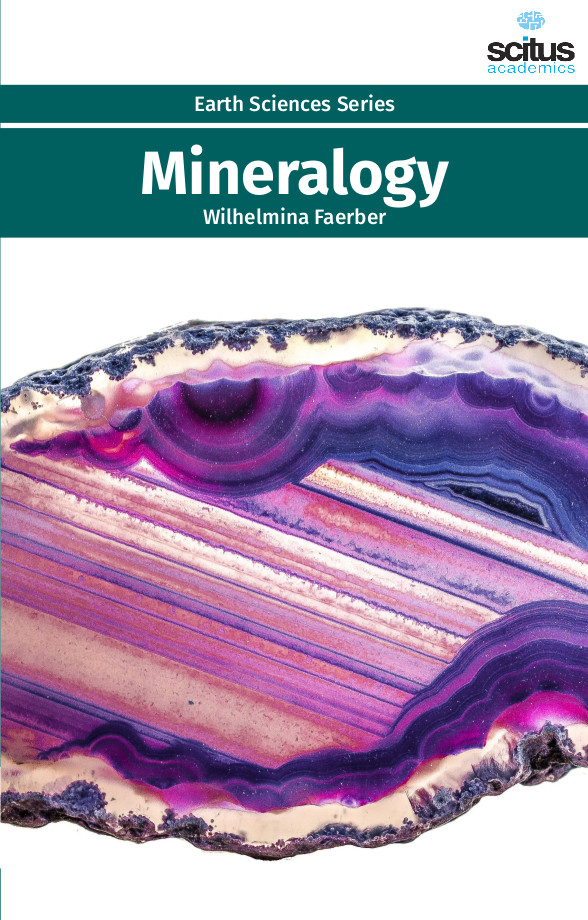The science of mineralogy is concerned with studying minerals and their physical and chemical properties. The learning of mineralogy not only upsurges our knowledge about Earth’s history, it also delivers important evidence about Earth materials which are economically noteworthy and so are important to any contemporary industrial society. Although the importance of geological mineralogy has been emphasized for some time, it appears from the present texts that the descriptive approach is still being followed in the teaching of mineralogy. Within mineralogy there are also those who study how minerals are formed, where they are geographically located, as well as their potential uses. Like many sciences, mineralogy has its origins in several ancient civilizations, and it has been concerned primarily with the various methods of classification of minerals for most of its history. During the last 200 years, the latitude of mineralogy has transformed considerably from a simply descriptive discipline to a highly ground-breaking field of science by incorporating ideas, techniques, and aspects of many contiguous areas such as physics, chemistry, material science, biology, archeology, and medicine. Modern mineralogy pursues to understand the links among mineral structure, properties, and processes in a variety of potentially technologically useful solids. The constant requirement of human societies for new materials––ranging from building materials to pharmaceuticals––acted as a driving force for the diversity of mineralogical research and finally led to the innovations of the mineralogical sciences permeating many aspects of our daily life. The physical properties of a mineral are determined by its chemical composition and its crystalline structure, within the limits of the permissible variation in chemical composition. Modern-day mineralogy has been expanded by advances in other sciences, such as biology and chemistry, to shed even more light on the nature of the materials that form the earth we live on.
This volume ‘Mineralogy’ describes the basic principles of mineral chemistry and structure. The book chapters have been classified according to their characteristics in topics and applications. Therefore, it is dedicated to the characterization and utilization of minerals in deposits. This book will be of valuable for a wide variety of readers, whether they wish to use it in their work, or simply to extend their knowledge. The book is envisioned to chemists, physicists, engineers, and the students of geology, geophysics, and soil science, but it will also be helpful to the more advanced students of mineralogy who are looking for a future research.













